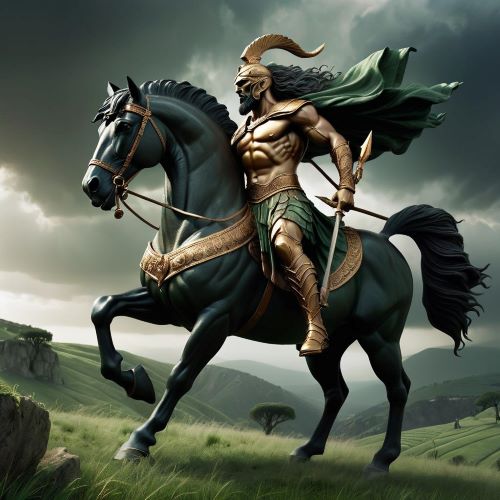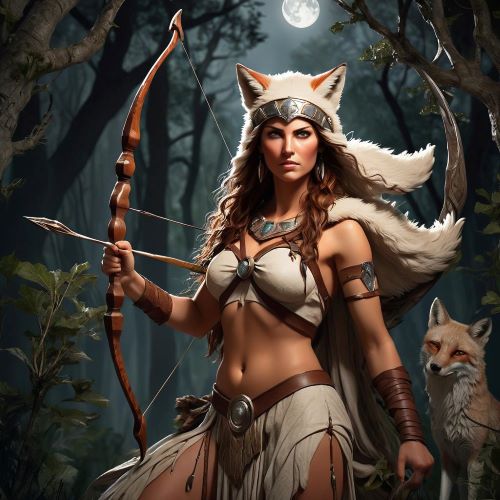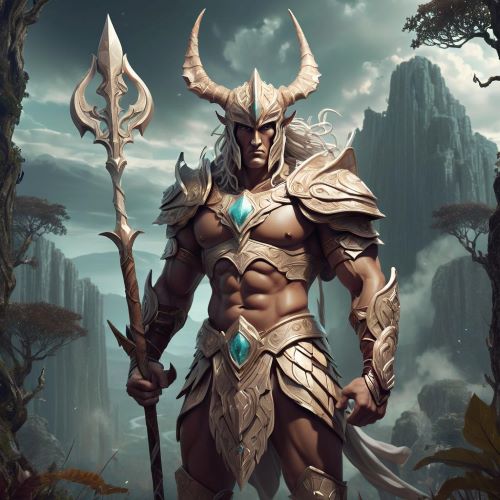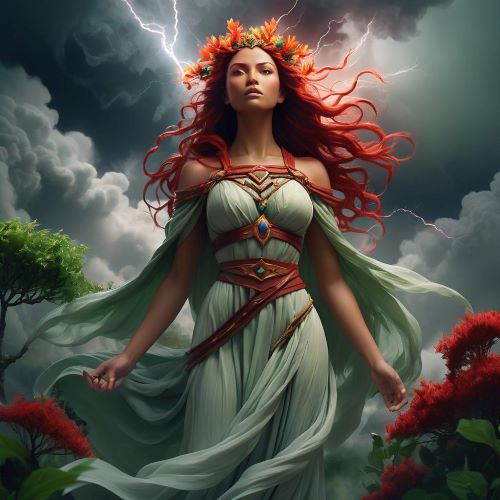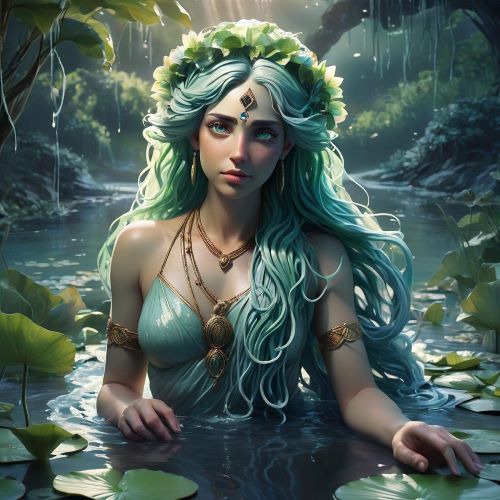Southern European Gods
Southern European gods are a diverse and fascinating group of deities, deeply rooted in the mythologies of the Balkan, Basque, Illyrian, and Thracian cultures. These gods played pivotal roles in shaping the religious and cultural landscapes of their respective regions, often embodying natural forces, human virtues, and cosmic balance. While less commonly known than the gods of more prominent mythological traditions like the Greek or Roman pantheons, Southern European gods represent a unique blend of local beliefs and shared spiritual heritage. Their stories, preserved through oral traditions and archeological findings, provide a glimpse into the spiritual life of ancient Southern Europe.
In the Balkans, the ancient Thracians revered gods such as Sabazios, the sky god and protector of horses, often associated with fertility and the cycle of life. The Thracians also worshipped Bendis, a goddess connected to the moon, nature, and hunting, symbolizing the balance between wilderness and civilization. Illyrian gods like Medaurus, a warrior god, and Bindus, a god of water, were central to the spiritual practices of the Illyrian tribes, reflecting their connection to the rugged landscapes and the importance of both war and nature in their lives.
The Basque people, isolated in the mountainous regions of what is now modern-day Spain and France, have a distinct set of gods that were crucial to their cultural identity. Mari, the chief goddess in Basque mythology, was seen as a powerful earth deity, associated with weather, fertility, and justice. Her counterpart, Sugaar, a serpent-like god, represented the masculine energy of storms and the destructive forces of nature. These gods reflect the close relationship between the Basque people and their environment, with many of their myths emphasizing natural elements and local geography.
The gods of these Southern European cultures were often linked to aspects of life essential for survival, such as agriculture, war, and natural phenomena. For the Thracians and Illyrians, the war gods represented not just conflict but also protection and victory in battle. Water deities and earth goddesses, on the other hand, signified fertility and prosperity. These gods were often honored through ritual offerings and seasonal festivals, as ancient people sought their favor in ensuring a good harvest, successful hunts, or protection from natural disasters.
Although Christianity eventually overtook these ancient belief systems, the legacy of Southern European gods endures in local folklore, place names, and cultural practices. Many of these deities’ attributes were absorbed into Christian saints or other religious figures, creating a blend of pagan and Christian traditions. Today, interest in these gods has seen a resurgence, with modern neopagan movements and historical research rekindling an appreciation for the mythological richness of the Balkans, Basque regions, and other Southern European cultures. These gods continue to inspire, representing the spiritual and cultural heart of ancient Southern Europe.
Southern European gods are a diverse and fascinating group of deities, deeply rooted in the mythologies of the Balkan, Basque, Illyrian, and Thracian cultures. These gods played pivotal roles in shaping the religious and cultural landscapes of their respective regions, often embodying natural forces, human virtues, and cosmic balance. While less commonly known than the gods of more prominent mythological traditions like the Greek or Roman pantheons, Southern European gods represent a unique blend of local beliefs and shared spiritual heritage. Their stories, preserved through oral traditions and archeological findings, provide a glimpse into the spiritual life of ancient Southern Europe.
In the Balkans, the ancient Thracians revered gods such as Sabazios, the sky god and protector of horses, often associated with fertility and the cycle of life. The Thracians also worshipped Bendis, a goddess connected to the moon, nature, and hunting, symbolizing the balance between wilderness and civilization. Illyrian gods like Medaurus, a warrior god, and Bindus, a god of water, were central to the spiritual practices of the Illyrian tribes, reflecting their connection to the rugged landscapes and the importance of both war and nature in their lives.
The Basque people, isolated in the mountainous regions of what is now modern-day Spain and France, have a distinct set of gods that were crucial to their cultural identity. Mari, the chief goddess in Basque mythology, was seen as a powerful earth deity, associated with weather, fertility, and justice. Her counterpart, Sugaar, a serpent-like god, represented the masculine energy of storms and the destructive forces of nature. These gods reflect the close relationship between the Basque people and their environment, with many of their myths emphasizing natural elements and local geography.
The gods of these Southern European cultures were often linked to aspects of life essential for survival, such as agriculture, war, and natural phenomena. For the Thracians and Illyrians, the war gods represented not just conflict but also protection and victory in battle. Water deities and earth goddesses, on the other hand, signified fertility and prosperity. These gods were often honored through ritual offerings and seasonal festivals, as ancient people sought their favor in ensuring a good harvest, successful hunts, or protection from natural disasters.
Although Christianity eventually overtook these ancient belief systems, the legacy of Southern European gods endures in local folklore, place names, and cultural practices. Many of these deities’ attributes were absorbed into Christian saints or other religious figures, creating a blend of pagan and Christian traditions. Today, interest in these gods has seen a resurgence, with modern neopagan movements and historical research rekindling an appreciation for the mythological richness of the Balkans, Basque regions, and other Southern European cultures. These gods continue to inspire, representing the spiritual and cultural heart of ancient Southern Europe.

